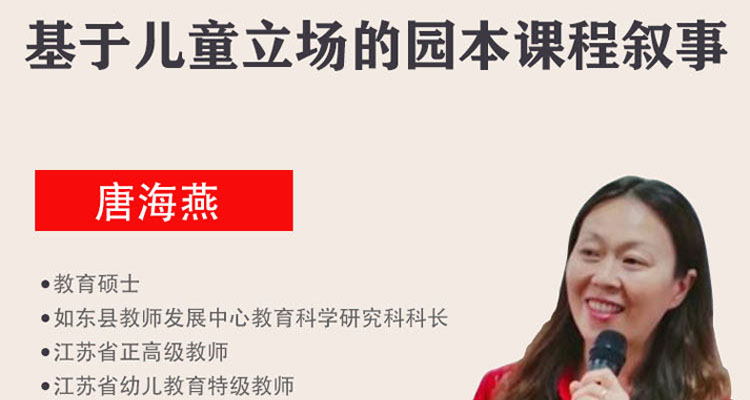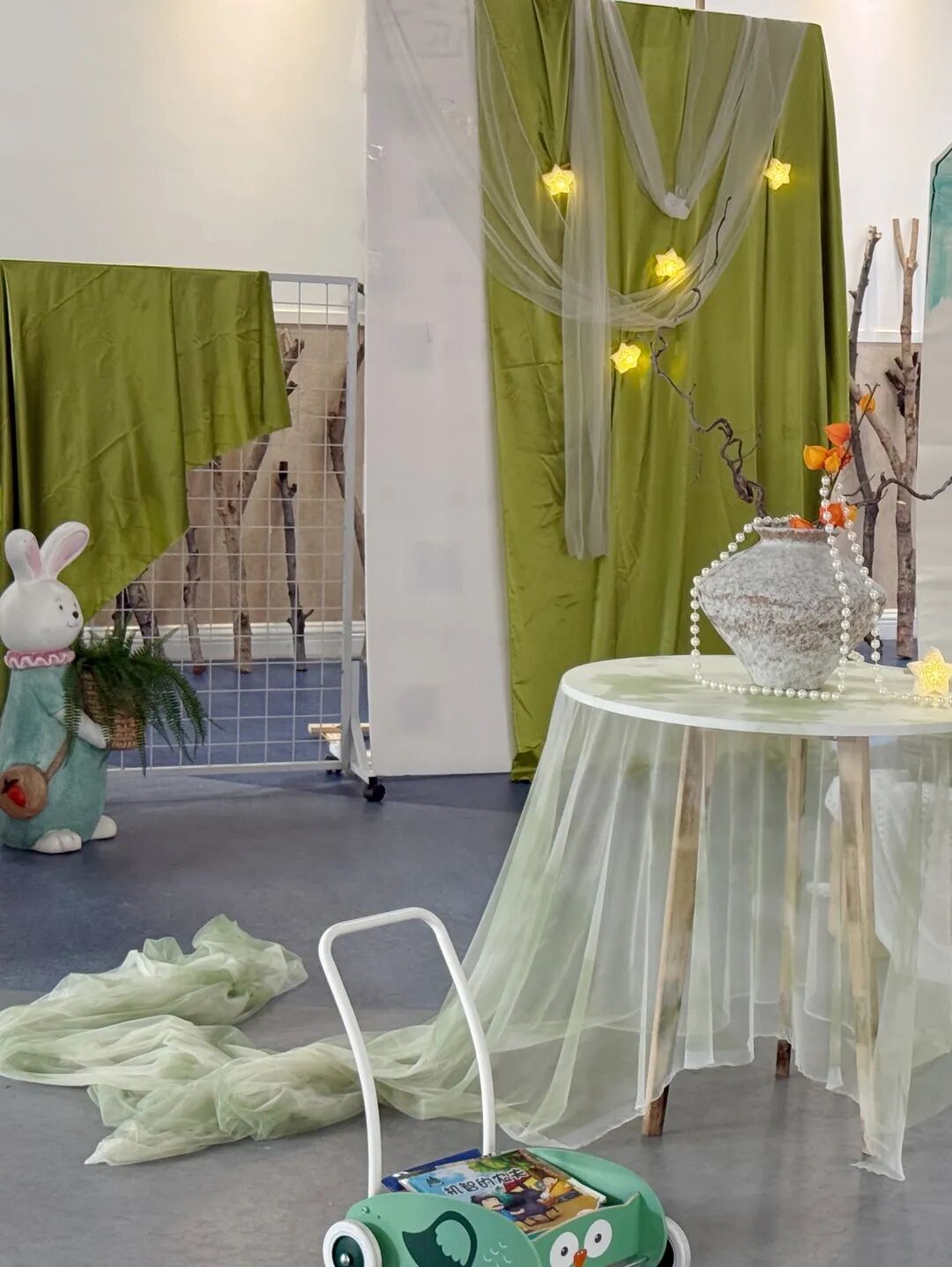参考文献:
〔1〕《湖北教育》编辑部.本期微话题 教师的朋友圈都刷些啥〔J〕.湖北教育(综合资讯),2015(11):55.
〔2〕ADAMS K S,CHRISTENSON S L.Trust and the family?school relationship examination of parent?teacher differences in elementary and secondary grades〔J〕.Journal of Social and Clinical Psychology,2000,38(5):477-497.
〔3〕杨晓飞. 幼儿家长对幼儿园教师信任的调查研究〔D〕.南昌:江西师范大学,2019.
〔4〕韦斯特,特纳.传播理论导引分析与应用〔M〕.刘海龙,译.北京:中国人民大学出版社, 2007:186-202.
〔5〕黄倩倩.“三天可见”的微信朋友圈:审慎的自我表露与表演〔J〕.新媒体研究,2020,6(14):20-23.
〔6〕〔10〕刘楠. 微信朋友圈的信任影响因素研究〔D〕.广州:暨南大学,2018.
〔7〕RIEGELSBERGER J, SASSE M A, MC CARTHY J D. Shiny happy people building trust:Photos on e?commerce websites and consumer trust〔C〕//Proceedings of the SIGCHI Conference on Human Factors in Computing Systems. Lauderdale: ACM, 2003: 121-128.
〔8〕SCHIMKE D, STOEGER H, ZIEGLER A. The relationship between social presence and group identification within online communities and its impact on the success of online communities〔J〕. Online Communities and Social Computing, 2007(4564):160-168.
〔9〕陈晓娇.幼儿家长对教师的人际信任现状和影响因素研究〔D〕.扬州:扬州大学,2019.
〔11〕张琪馨,肖皓文.微信朋友圈“三天可见”与自我呈现的关系〔J〕.艺术科技,2020,33(1): 148-150.
〔12〕RUSMAN E,VAN BRUGGEN J,SLOEP P,et al.Fostering trust in virtual project teams: Towards a design framework grounded in a TrustWorthiness ANtecedents (TWAN) schema〔J〕.International Journal of Human ?Computer Studies,2010, 68(11):834-850.
〔13〕ALESINA A,LA FERRARA E.Who trusts others〔J〕.Journal of Public Economics,2002,85(2):207.
〔14〕匡文波.网络传播学概论〔M〕.北京:高等教育出版社,2004:113.








